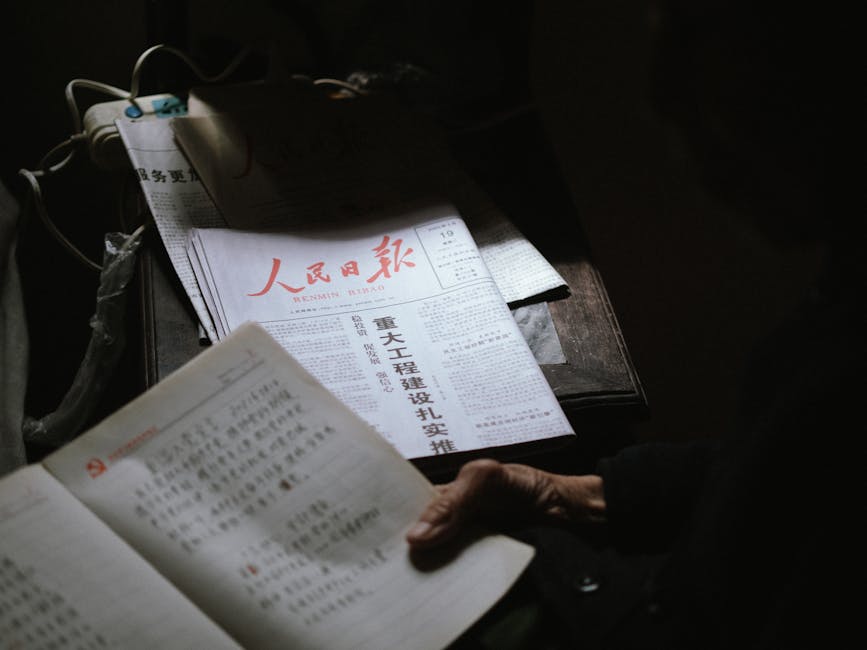
As we delve into the rich tapestry of cultural traditions, one cannot overlook the enigmatic and fascinating “Cucumber Time” in the Lifer Garden of the Netherlands. This event, which has gained international curiosity and acclaim, offers a unique blend of local tradition, horticultural celebration, and community gathering. The year 2025 promises to shine a spotlight on this captivating phenomenon, making it an essential topic for both European and American readers interested in global cultural explorations.
The Origins of Cucumber Time in the Lifer Garden
Cucumber Time, known locally as “Komkommertijd,” is a term traditionally used in the Netherlands to describe a slow news period, typically happening during the summer months when politicians are on holiday and fewer noteworthy events occur. However, in the Lifer Garden, this term has taken on a more literal and delightful meaning, celebrating the harvest season of cucumbers. Situated in the pastoral heart of the Netherlands, the Lifer Garden transforms into a vibrant hub of festivities, with cucumbers serving as the centerpiece of the celebrations.
The Historical Significance
The tradition of Cucumber Time dates back to the late 19th century, when local farmers would gather to celebrate their bountiful cucumber harvest. What started as a simple gathering soon evolved into a community-wide festival, attracting visitors from near and far. Over the decades, the event has become synonymous with relaxation and enjoyment, a time when locals and tourists alike can enjoy the slower pace of life and the simple joys of garden-fresh produce.
Highlights of the 2025 Cucumber Time Festival
As we look forward to the 2025 edition of Cucumber Time in the Lifer Garden, several exciting events and activities promise to captivate attendees. This year’s festival is set to be more spectacular than ever, combining traditional elements with modern attractions.
Cultural Exhibitions and Workshops
Visitors can participate in a variety of workshops that delve into the art of cucumber cultivation, pickling, and culinary uses. Experienced horticulturists and chefs will lead these sessions, offering insights and techniques on how to maximize the potential of this humble vegetable. Additionally, cultural exhibitions will explore the significance of cucumbers in Dutch art and history, showcasing a collection of paintings, sculptures, and historical artifacts.
Culinary Delights
One of the festival’s main attractions is the array of culinary experiences on offer. From traditional Dutch cucumber salads to innovative fusion dishes, there’s something for every palate. Renowned chefs from across the Netherlands will be presenting live cooking demonstrations, sharing their unique recipes and tips on how to creatively incorporate cucumbers into everyday meals.
Family-Friendly Activities
The festival is designed to be enjoyed by visitors of all ages, with a host of family-friendly activities on the agenda. Children can enjoy a variety of games and entertainment, including cucumber-themed crafts, storytelling sessions, and interactive gardening experiences. The festival grounds will be dotted with refreshment stalls offering cucumber-infused refreshments, perfect for keeping cool during the summer heat.
Community and Environmental Engagement
A strong emphasis is placed on sustainability and community involvement at the 2025 Cucumber Time festival. Local environmental groups will be hosting discussions and activities aimed at raising awareness about sustainable farming practices and the importance of preserving biodiversity. Community members are invited to participate in workshops on organic gardening and the benefits of locally sourced produce.
The Role of Cucumber Time in Dutch Culture
Cucumber Time has become more than just a local festival; it is a reflection of Dutch values, emphasizing community, sustainability, and the celebration of simple pleasures. This event is a testament to the Dutch way of life, where even a common vegetable can serve as a source of joy, unity, and cultural pride.
Bridging Traditions and Modernity
While deeply rooted in tradition, the festival continually evolves to incorporate modern elements, making it relevant to contemporary audiences. This blend of old and new ensures that Cucumber Time remains an enduring and beloved event in the Dutch cultural calendar, drawing visitors from across the globe to experience its unique charm.
FAQ
What activities are available for children at Cucumber Time?
Children can enjoy a variety of games, crafts, storytelling, and interactive gardening experiences, ensuring a fun-filled day for families.
How can I participate in the workshops?
Workshops are open to all attendees, and registration details are usually available on the festival’s official website. Early booking is recommended due to limited spots.
Are there any famous chefs participating in the culinary events?
Yes, renowned chefs from across the Netherlands often participate, offering live cooking demonstrations and sharing their unique cucumber-based recipes.
Is the festival suitable for international visitors?
Absolutely, the event is designed to be inclusive and welcoming to international visitors, with many activities and presentations available in English.
Conclusion: A Cultural Phenomenon Worth Experiencing
Cucumber Time in the Lifer Garden is more than just a festival; it’s a cultural phenomenon that encapsulates the essence of Dutch life. As we approach the 2025 edition, the anticipation is palpable, with promises of a celebration that honors tradition while embracing contemporary practices. Whether you are a local or a traveler from abroad, participating in Cucumber Time offers a unique glimpse into Dutch culture, a chance to learn, relax, and enjoy the fruits of the earth.
As this tradition continues to evolve, it remains a testament to the joy found in community, sustainability, and the shared love for simple, natural pleasures. Make sure to mark your calendars and be part of this extraordinary cultural experience in the Netherlands.


